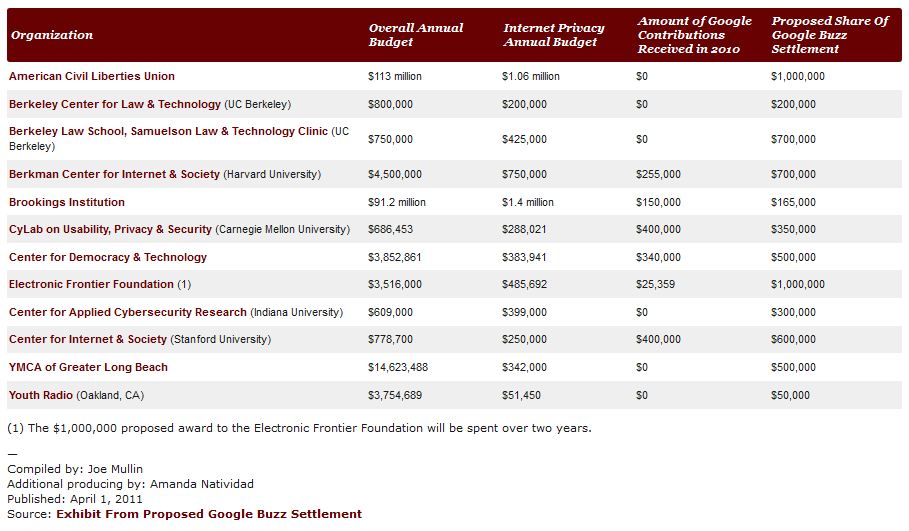In my latest Forbes column, “Keeping The Video Revolution Going Strong,” I argue that we’ve been blessed to live through a veritable information revolution but that “many scarcity-era regulations remain on the books and threaten this ongoing revolution — especially in the video marketplace. So long as Washington continues to enforce regulations dating to the days of I Love Lucy, the old regulatory norms and edicts threaten to roll over onto emerging video technologies, stifling innovation and consumer choice.”
I go on to briefly discuss a few flashpoints in the ongoing video wars, including: the fights over “retransmission consent,” so-called “AllVid” tech mandates, and the broader battle to liberalize spectrum. “While the video revolution will hopefully continue apace, a light-touch from Washington will be essential to keep it going strong,” I conclude. “To the extent policymakers are looking to ‘level the (regulatory) playing field’ between the old and new video worlds, they should do so in the direction of freer markets, not more tech mandates.”
Anyway, read the whole thing over at the Forbes site.






 The Technology Liberation Front is the tech policy blog dedicated to keeping politicians' hands off the 'net and everything else related to technology.
The Technology Liberation Front is the tech policy blog dedicated to keeping politicians' hands off the 'net and everything else related to technology.